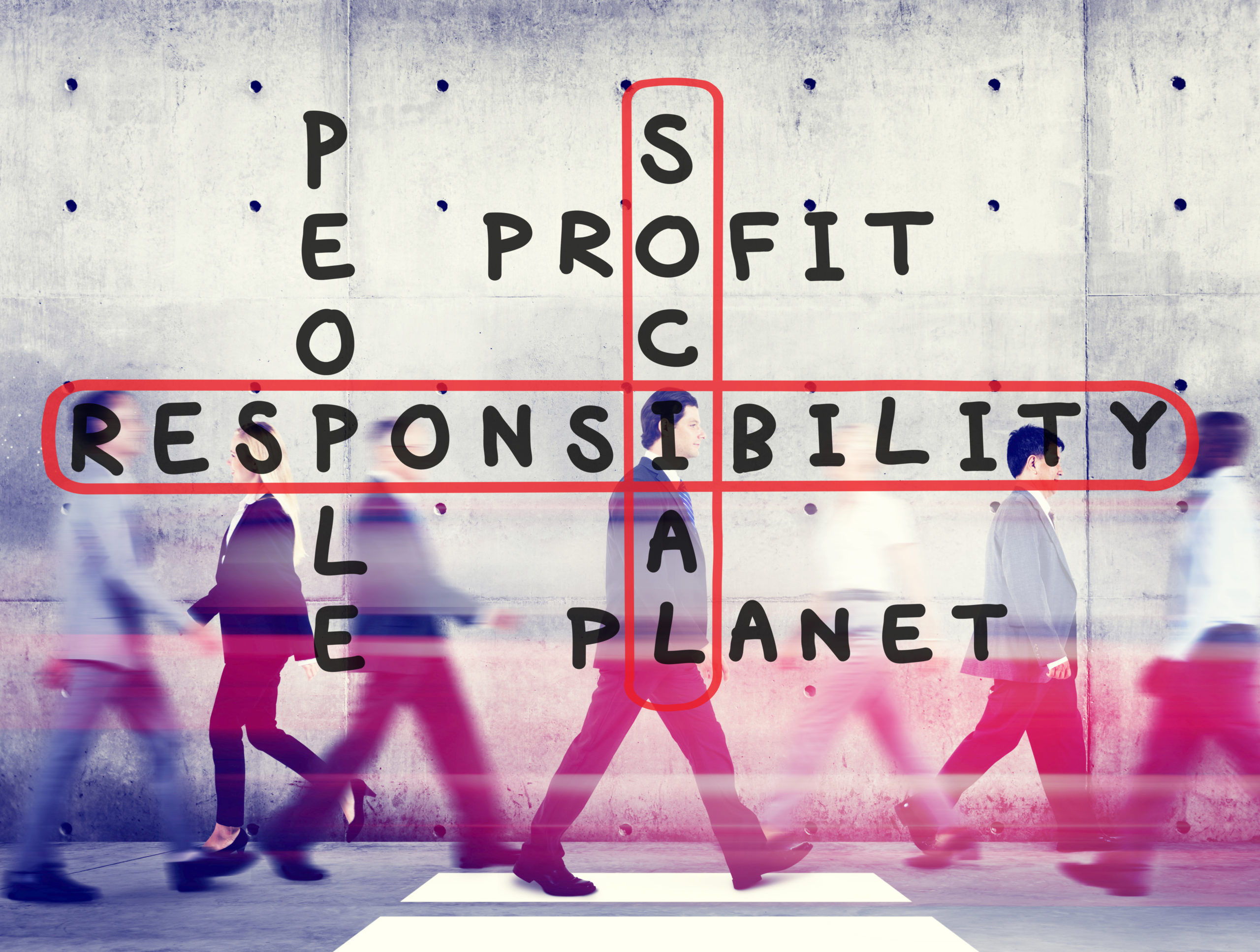Following on from her appearance on the Oxford Education Podcast, Penny Rabiger explores the place of teaching social justice and doing antiracism work from her perspective as an educator, scholar and activist.
A strong sense of moral purpose brought most of us into teaching – we want our students and colleagues to be treated fairly and equitably. There’s nothing like a global pandemic to shine a spotlight on the way in which increasing divisions between the haves and the have-nots determine outcomes for children and their families, not only in terms of academic achievement at school and beyond, but also in terms of health, employment and life-expectancy.
There’s always much to do in schools
Schools were already extending support to their pupils and their families during the successive lockdowns these past 18 months, when the gross injustices of racial discrimination also suddenly reared up into focus again. The brutal murder of George Floyd at the hands of police in the USA resonated with so many people worldwide, as a sign that enough is enough. The focus on racial justice by the Black Lives Matter movement in the wake of George Floyd’s murder has helped to bring a new lexicon and renewed understanding of the issues for many who were previously perhaps oblivious.
As trustees of the BAMEed Network, we have been working with schools for several years to ensure that education sector employs, retains and develops staff members that are from Black, Asian and ethnic minority backgrounds. We aim to start a conversation more widely about lived experience in terms of class, race, and discrimination within our schools, workplaces and society as a whole. It is one thing to consider the importance of racial and social justice on the workplace conditions of adults in our education system, but some of the issues we need to grapple with as educators might include: how do we ensure that social justice work extends beyond ticking boxes of the legal duties of the Equality Act and takes the form of meaningful change over time? How should we all improve our own awareness and education on important issues like race, racism and antiracism? When is it the right time to start to learn about racial and social justice?

Learning about life, learning for life is our core business
It has come to light to many white people as a result of the sharpened focus on inequities and structural racism endured by Black people and other minoritised people of colour, that our education system has somehow simultaneously been seeing itself as a great equaliser, while perpetuating structural inequalities through its own practice. Part of the cause for this is the focus on quantifiable, measurable outcomes over vital so-called ‘soft’ skills of critical thinking, empathy, a sense of collective social responsibility, which have been squeezed out from Early Years education and right through to initial teacher training.

In our modern complex society, we need to be able to give children something that will serve them now – and later, as powerful adults with agency in their own right. Learning is as much about agency as it is about knowledge retrieval, and there is a strong body of evidence to suggest that the work that schools do now to prepare their students for the 21st century, should include a consistent and high quality focus on knowledge and understanding, skills and attitudes. A curriculum framework that is rooted in core texts which have been carefully selected to be contemporary enough to allow pupils to engage deeply and critically with a range of complex issues, can be linked to an outcome which has a social justice element. This supports children to make sense of a modern complex society with strong and robust knowledge and in turn, to develop the skills they need to navigate some of the challenges they will encounter in life. The journey of learning is what makes the outcome strong, and there is absolutely a place to give the children the knowledge they need to understand the past, the present and to imagine a more just and equitable future, which they will be active agents in creating.
In this way, providing children a way to make sense of themselves as learners, a focus on themselves as meeting the world but not the centre of the world, gives them and their teachers the opportunities to be trusted to explore complex societal problems such as inequity, race and racism, gender, climate change and more. Schools should absolutely see themselves as equipped and adept at teaching racial justice and equity, without fear of straying from their core purpose. In the words of Paulo Friere,
“Education is a political act. No pedagogy is neutral… Knowledge emerges only through invention and re-invention, through the restless, impatient, continuing, hopeful inquiry human beings pursue in the world, with the world and with each other.”
And so it stands that while racial injustice and inequity exist in the world, so must learning to dismantle them exist in the education of both teacher and student.

Penny Rabiger (She/Her)
- FCCT | Governor at West Green Primary School N15
- Trustee of Inspire Partnership
- Trustee of BAMEed Network
- Coach & doctoral researcher at Centre for Race, Education and Decoloniality
- Freelance consultant and race researcher
Latest from Oxford Secondary blogs:
- 5 ideas of how to bring German to life in the classroom
- Is science education fit for the future? by Joe Temple
- Engaging reluctant readers
- Boosting vocabulary in Year 7 to ease transition
- Getting ready for September by Kate Stockings
Listen to Oxford Education Podcast here


